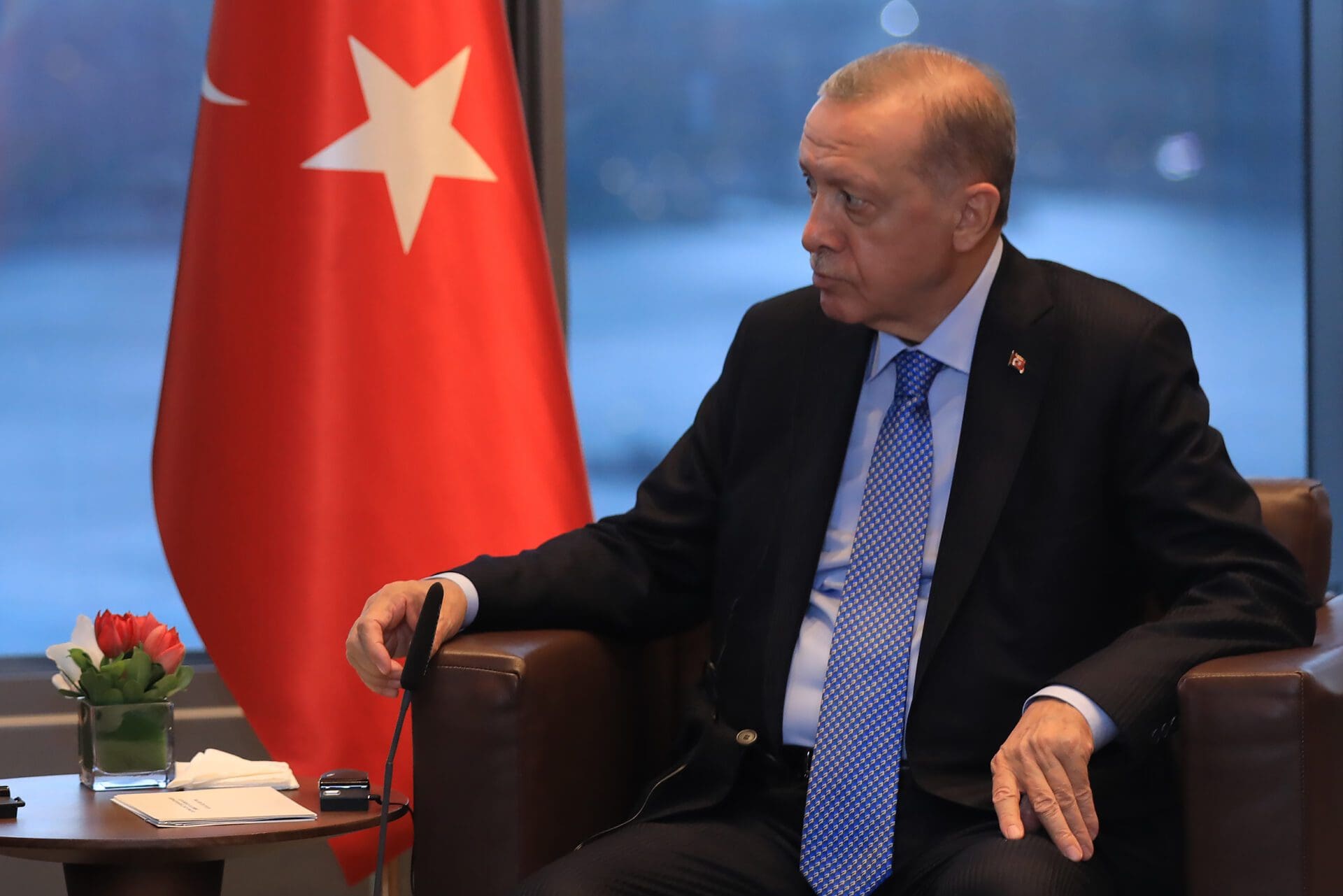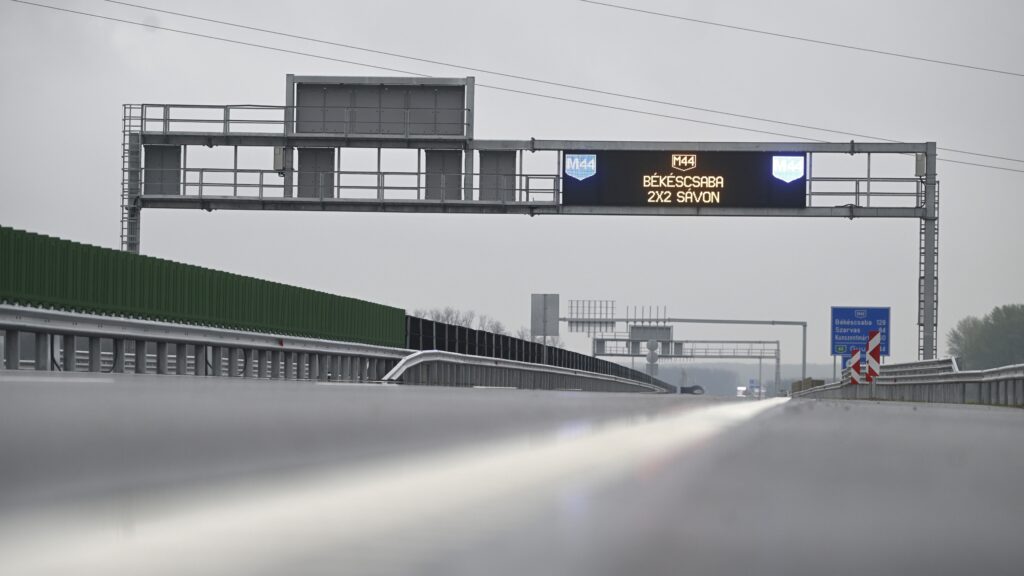Is Turkey a Trojan Horse? What impact will the war have on migration? How do Turkish and Russian ‘imperial’ interests clash? This is also the subject of a new book published by MCC Press titled Turkey’s Russian Roulette. The author, Nikolett Pénzváltó, is a Turcologist and serves as the Research Director at the Migration Research Institute.
How did the Russian-Ukrainian war affect Russian-Turkish relations?
The war has not yet brought any fundamental change in Turkish-Russian relations. Ankara has not benefited from the escalation of fighting, as both countries are in its vicinity and are important partners. Moreover, the situation in Ukraine has taken on a bipolar context, in the sense that the confrontation between the West and Russia has intensified. This is also an uncomfortable situation for Turkey, which reduces its room for manoeuvre in foreign policy. Ankara is in both sets of relations, both in Russian-Ukrainian and Russian-Western relations, very careful to keep the balance. In the light of Turkish foreign policy in recent years and decades, Turkey’s policy of balance is not surprising, and neither is its refusal to impose sanctions on Moscow (and sanctions in general). On the other hand, however, the Russian aggression has also reaffirmed it for the Turks that there is reason to fear the Russian bear.
Is there a deeper layer to their cooperation than opposition to the West? Are we not basically talking about two countries with strongly conflicting interests?
This is perhaps the deepest layer. We can certainly also talk about significant economic and energy cooperation. Last year, Russia was Turkey’s third largest trading partner after the EU and China, and we should also point out the large number of Russian tourists. In the field of energy policy, the exposure to Russian natural gas is significant, although it is decreasing, and Russia is also building the first nuclear power plant in Turkey. However, the reduction of Western, and in particular US, influence in the region is an important common interest that is reflected in the relations of the two countries and the two regimes.
On the other hand, the potential for conflict in Turkish-Russian relations is indeed stronger than the commonalities. The spheres of interest of the two former empires overlap; they support opposing sides in every regional conflict and see themselves as only able to increase their influence at the expense of the other. They have fought a dozen wars against each other throughout history, and it is no coincidence that Turkey joined NATO to counter Russian (then Soviet) influence. The relationship between the two countries is, as perhaps this fact alone shows, highly ambivalent. It is characterized by both cooperation and competition, even within a single policy area.
Some call Turkey NATO’s ‘Trojan horse’. How accurate is this claim?
I don‘t think that it is appropriate. Turkey is an important NATO state, the guardian of NATO’s south-eastern flank. It has the second largest armed force in the Alliance, has several important NATO facilities on its territory and is an active participant in various exercises and operations. Turkey’s relations with NATO have been contentious over the years, but this is not unique among the member states and the parties have always managed to resolve their differences. I expect the same to be the case with Sweden and Finland’s accession to NATO. What is worth seeing is that when Turkey temporarily blocked NATO action in the past, it has done so not to serve Russian interests, but in its own interests. Ankara typically takes the opportunity to force its Western allies to heed what it has been saying in vain for years, which is that it feels it is not getting the support it expects from them in its fight against terrorism.
To what extent is Turkish foreign policy influenced by the internal reasons of ‘regime survival’?
Domestic political considerations are very strongly reflected in Turkish foreign policy. The survival of political leaders is an important driving force of foreign policy decisions. At the same time, there are also objective, systemic constraints on Turkish political leadership, which limit their room for manoeuvre. For example, although anti-Western rhetoric has won Erdogan many votes in recent years, the extremely high economic dependence on the West does not rationally allow him to confront his allies in a sustained and forceful manner.
What is the impact on Hungary of decisions taken in Moscow or Ankara? Is it true what Viktor Orbán said in 2019 that Hungary is mainly dependent on these two countries, in addition to Berlin?
Turkey has a unique geographical location, it plays an important role in the security of Europe and Hungary. This Asian state connects and separates continents, civilizations and, in a sense, conflict zones. In terms of energy policy, for example, Turkey is an important transit state. Just think of the Turkish Stream gas pipeline, through which most of the Russian natural gas currently reaches Hungary. On the other hand, it acts as a kind of separating and isolating state in the fight against mass and irregular migration towards the continent. Its stability, or lack of it, also has an impact on the stability of neighbouring regions, such as the Middle East, the Caucasus or the Balkans. All of this means that what happens in Turkey is likely to have an impact on us. And Russia’s war against Ukraine and its consequences, I think, are a good illustration of the impact that decisions taken in Moscow can have on our country.
In the past, both Turkey and Russia were source countries regarding migration. What effect does the war have on migration? Can we expect further waves from these directions?
Since the escalation of the war in Ukraine at the end of February, hundreds of thousands of people have left Russia, while 7.8 million Ukrainians have fled their country. In this sense we can already talk about significant consequences regarding migration. Indirect effects of the war, such as rising food or energy prices, may contribute to more people leaving for Europe from around the world. Turkey is particularly important as a transit country, as it continues to host around four million refugees, mostly Syrians. However, it is also a real emitter: in the first half of this year, Turkish nationals were the third largest number of illegal border crossers on the Western Balkans route (4,688 cases, according to Frontex). As the elections approach next year (June 2023), the refugee issue in Turkey could become increasingly politicized. For example, growing economic difficulties could increase anti-refugee sentiments, which could result in a new wave of migration.
Click here to read the original article
Read Next








